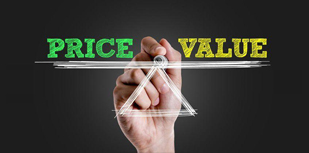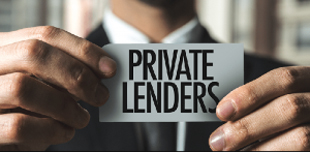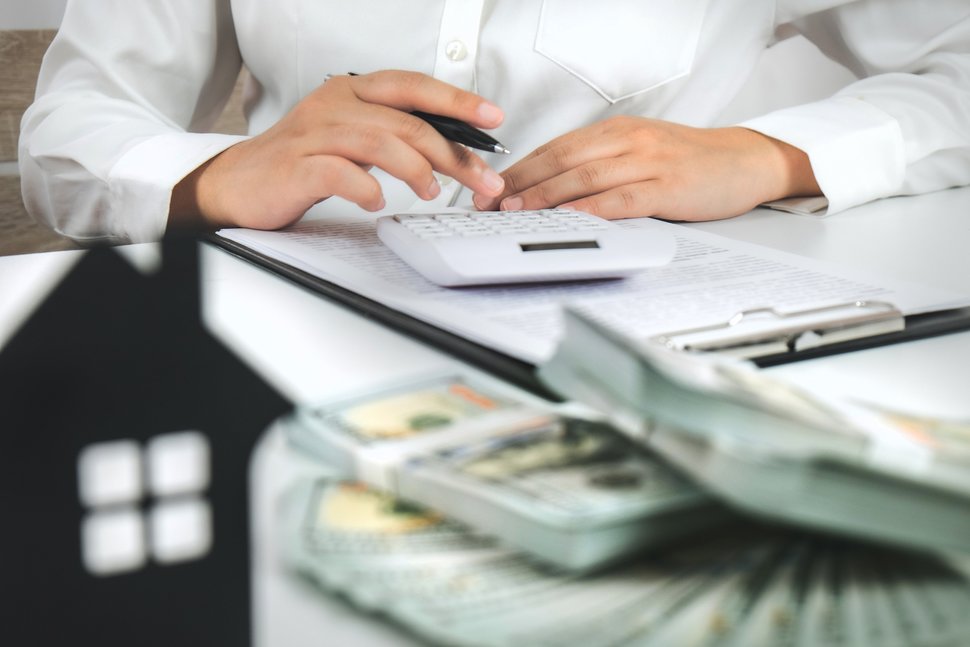THE ANSWER IS YES, IT'S possible. But here's the more important question to ask: Should you pay your mortgage with a credit card?
It really depends on your reasons for wanting to whip out your credit card. For example, do you want to pay your mortgage with a credit card to earn rewards? Or do you need to pay with a credit card to avoid foreclosure?
The first thing you should know is that mortgage lenders, in general, don't accept credit cards. One reason is that mortgage lenders would have to pay transaction-related fees. Lenders also don't like the idea of your paying one debt by taking on another debt.
Let's take a deep dive into this, and then you'll have a good idea if this strategy is appropriate for you:
How to pay your mortgage with a credit card.
Why pay your mortgages with a credit card?
What to do if you can’t pay your mortgage.
How it impacts your credit score.
How to Pay Your Mortgage With a Credit Card
Even though your lender might not accept a credit card for payment, it's possible to pay your mortgage using Plastiq, a third-party payment service. But this service is only available with a Mastercard or a Discover credit card.
You'll have to pay a 2.85% processing fee, so it isn't cheap. On Plastiq, you can add a credit card to your account. Another thing to keep in mind is the lag time after you make a payment to your mortgage lender. It can take up to eight business days for the lender to receive payment. So you'll need to be organized and factor in how long it will take for the lender to get your funds.
Why Pay Your Mortgage With a Credit Card?
Now you know how to pay your mortgage with a credit card and how much it costs. If you're wondering why anyone would pay the fee, here are four scenarios where using a credit card might (or might not) work:
- Earning credit card rewards.
- Earning a sign-up bonus.
- Avoiding a late payment.
- Avoiding foreclosure.
Earning Credit Card Rewards
This might look like a great idea, but there are some practical issues to consider. I've already pointed out the 2.85% fee for using Plastiq. You have to run the numbers to see if you come out ahead financially.
For example, let's say your mortgage payment is $2,000. Using Plastiq, you'd pay a $57 fee (2,000 x .0285). If you received 2% in cash back rewards, you'd earn $40 (2,000 x .02). So you'd lose $17 on this transaction.
If you've read some online stories about earning great rewards this way, you might be surprised that this strategy isn't easy to pull off. In some cases, the rewards might have been earned by someone in the personal finance industry who has an affiliate relationship with Plastiq, which offsets any fees. On the other hand, some of these cases really focus on earning rewards on a sign-up bonus. That's an idea that often works.
Earning a Sign-up Bonus
If a sign-up bonus is the reward you're after, it's easier to come out ahead. Let's say you can earn $500 or 50,000 miles (worth $500 or more) if you spend $2,000 within the first three months of opening a credit card account. In this case, your reward is $500 (or miles to redeem), and minus the $57 fee, you come out ahead by $443.
But keep in mind that this is a scenario that won't happen often during a year. So if you aren't going for a sign-up bonus, be sure you run the numbers to determine if it's worth the fee. It probably won't be.
Avoiding a Late Payment
For some, using a credit card to pay a mortgage is a way to avoid making a late payment. With a credit card, you get a short-term, interest-free loan. But this is only advisable if your cash flow problem is temporary and you can pay the credit card balance in full when it's due.
For one month, it might be worth paying the fee to avoid a negative item on your credit report and a hit to your score. But if this is an ongoing issue, you'll get caught in an increasing cycle of debt. This is basically the way payday lenders lure you into debt.
Avoiding Foreclosure
Sometimes, a lack of cash can take you to the brink of foreclosure. You might think that the prospect of losing your house is worth using a credit card over and over again. But since most credit cards have high annual percentage rates, your finances will get much worse over time.
If you're having trouble making mortgage payments without resorting to your credit card, don't be tempted to get a cash advance, either. Cash advances usually have extremely high APRs plus a transaction fee. To make matters worse, there's no grace period. You'll start paying interest right away. If you're desperate for cash, check out other relief options.
What to Do If You Can’t Pay Your Mortgage
Most homeowners have the right to request forbearance, which means a pause in your payments. You should consider this option if you're trying to use a credit card as a solution to your financial woes.
The coronavirus relief bill was passed to help Americans survive financially during the pandemic. The law applies to federally backed or federally sponsored loans, such as Veterans Affairs, Fannie Mae and Federal Housing Administration. But even if your mortgage doesn't fall under the federal umbrella, talk to your lender about forbearance and other options. The Consumer Financial Protection Bureau has an overview of mortgage forbearance rules during the COVID-19 pandemic. Some of the current relief options might expire soon, so don't put off asking for help.
Hopefully, a new relief bill will take effect soon. But for now, you need to take quick action to protect your credit.
If this is more than a short-term problem, contact the National Foundation for Credit Counseling. You don't have to suffer alone. Get some help and get back on a path to financial health.
How It Impacts Your Credit Score
Putting a large amount on your credit card impacts your credit utilization ratio, which is the amount of credit you've used compared with the amount of credit you have available. Your ratio should be less than 30%, but to maintain a high score, keep it to less than 10%.
For example, if you have a $3,000 limit and use your card for a $2,057 (remember, there's a $57 fee) mortgage payment, your utilization ratio for that card is almost 69% (2,057 / 3,000). If you plan to pay your credit card bill in full quickly, then your score could still take a hit, but it will bounce back if your ratio stays low.
If you have a high score and you're in a solid place financially, then it might be worth using your credit card to pay your mortgage now and then to earn a sign-up bonus. Just be sure you don't carry the balance into the next month.
This article was originally published By Beverly Harzog,
creditcards.usnews.com.










